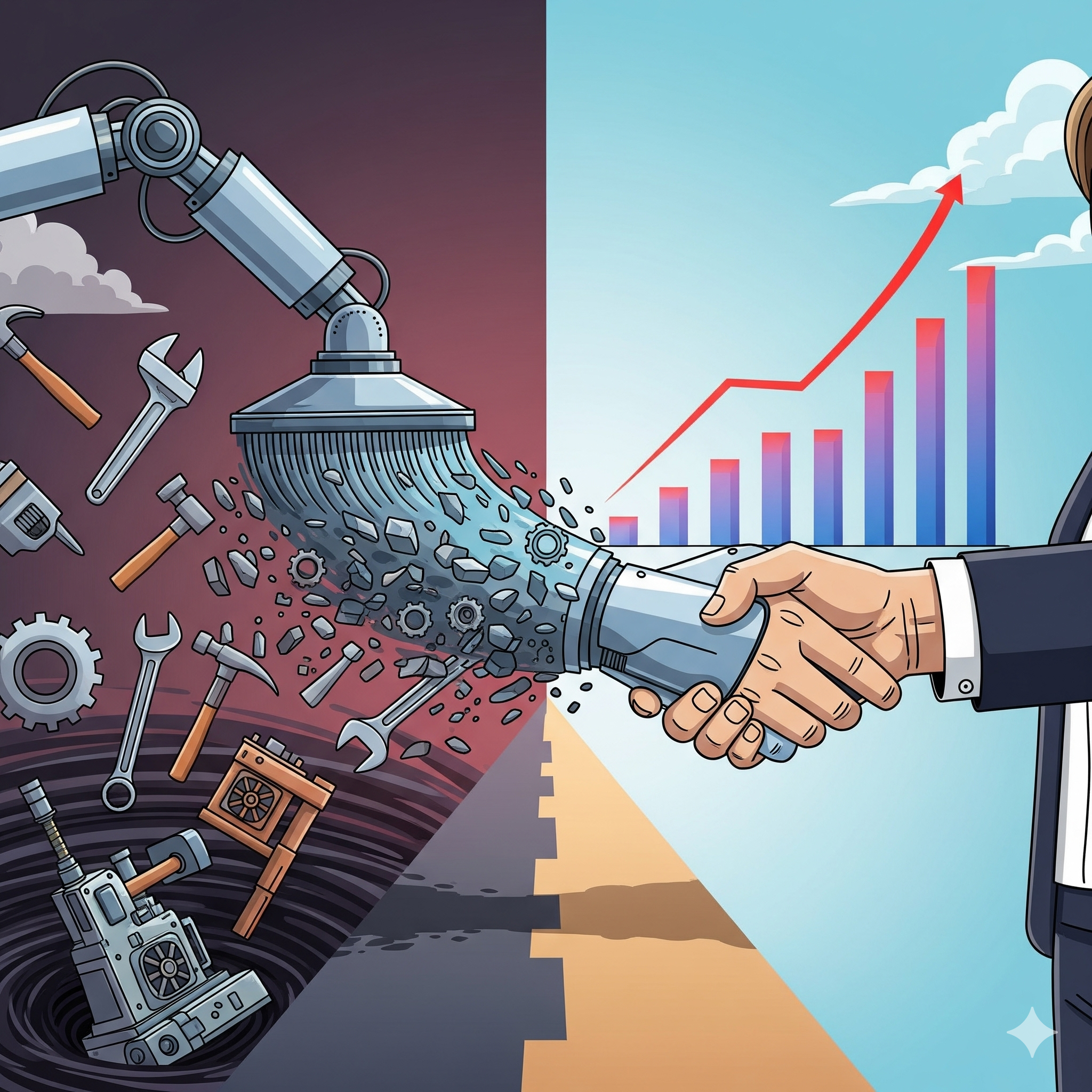As artificial intelligence (AI) increasingly integrates into every aspect of modern life, one pressing question emerges: Will AI eliminate jobs or simply redefine them? From an economic viewpoint, the answer may be more nuanced than it initially appears.
Understanding the Historical Context
Throughout history, new technologies have often sparked fears of widespread unemployment. From the Industrial Revolution to the rise of computers, each technological advancement has disrupted job markets. Yet, each disruption has also created new opportunities, transforming economies rather than devastating them entirely.
AI and Job Destruction
AI’s ability to automate tasks traditionally performed by humans does mean certain roles will be impacted significantly. Jobs characterized by repetitive tasks, such as manufacturing, retail checkout, and data entry, are particularly vulnerable. Economists warn of “technological unemployment,” where workers displaced by automation struggle to find new employment quickly.
Clerical work, including administrative tasks such as scheduling, data entry, and basic bookkeeping, is especially susceptible due to AI’s precision, efficiency, and capacity to handle large volumes of data quickly. Similarly, software development and computer engineering roles may also face transformation. AI-driven tools can automate coding, testing, and debugging tasks, significantly altering how software professionals work and potentially reducing the demand for entry-level positions.
Additionally, writing jobs—including journalism, technical writing, and content creation—face considerable disruption as generative AI platforms like GPT-based models automate the drafting and editing processes. While nuanced and highly creative writing might remain secure, many routine writing tasks could shift towards AI-generated content.
Job Redefinition Through AI
However, an equally important perspective is the potential for AI to redefine jobs rather than outright eliminate them. AI can enhance productivity by automating mundane tasks, allowing workers to focus on more creative and strategic responsibilities. Fields like healthcare, education, and customer service are already seeing this shift, with AI handling routine inquiries and freeing professionals to deliver more personalized and impactful services.
The Economic Impact of AI-driven Job Transformation
Economically, AI-driven job transformations can lead to increased productivity, reduced costs, and potentially higher wages for skilled positions. As AI technologies become widespread, demand for skilled jobs involving AI management, ethical oversight, system development, and integration is expected to surge.
Furthermore, new sectors and industries may emerge, generating jobs we cannot currently predict. History has shown that technology not only reshapes employment patterns but also expands economies and creates entirely new employment categories.
Preparing for an AI-Enhanced Future
The critical economic challenge is not resisting AI but managing its transition effectively. Policymakers, educators, and businesses must collaborate to ensure workforce retraining, ongoing education, and adaptive economic policies. Investment in education, specifically in STEM fields and digital literacy, will be essential for mitigating negative impacts and harnessing AI’s benefits fully.
Conclusion
Ultimately, AI is less likely to destroy jobs wholesale than to redefine what jobs entail. While certain occupations will undoubtedly fade, new and enriched roles are likely to emerge, shaping an economy enhanced by human-AI collaboration. The key to economic resilience lies in proactive adaptation and preparedness.
AI presents not just a challenge but a significant opportunity—one that promises to redefine work in ways that benefit individuals, businesses, and entire economies.


Leave a Reply